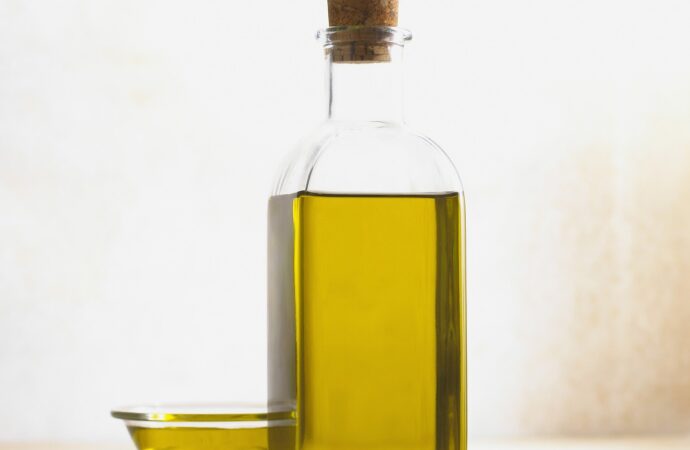Introduction
Storing cooking oils seems straightforward, but did you know that improper storage can impact your health? In this article, we’ll explore common mistakes people make when handling cooking oils and how to avoid them.
1. Oxidation and Rancidity: As soon as you open a bottle of cooking oil, oxidation begins. This process leads to rancidity and the production of harmful free radicals. Chef Divya Bhutani warns that storing oils near the stove can accelerate oxidation, potentially leading to health issues like cancer.
2. Digestive Problems and Nutrient Depletion: Rancid oils can cause digestive discomfort and deplete essential vitamins B and E, negatively affecting overall health. Dietician Rashi Chahal emphasizes the importance of proper oil storage to prevent these issues.
3. Common Mistakes:
- Transferring Oils: Avoid transferring cooking oils to special containers. Stick to the original packaging to maintain freshness.
- Buying in Bulk: Purchasing oils in bulk might seem convenient, but it can lead to oil spoilage if not used promptly.
- Ignoring Expiration Dates: Always check expiration dates and discard oils past their prime.
4. Best Practices:
- Dark Green Bottles: Opt for cooking oil in dark green bottles to reduce UV exposure.
- Cool, Dark Storage: Store oils in a cool, dark place away from direct sunlight.
- Glass Containers: Use glass bottles instead of plastic to prevent chemical leaching.
- Labelling: Label containers with dates to track freshness and safety.
Conclusion
Proper oil storage is crucial for maintaining quality and preventing health risks associated with rancidity and oxidation. Follow these guidelines to ensure your cooking oils remain safe and beneficial for your well-being.
 Food Manifest
Food Manifest 


















